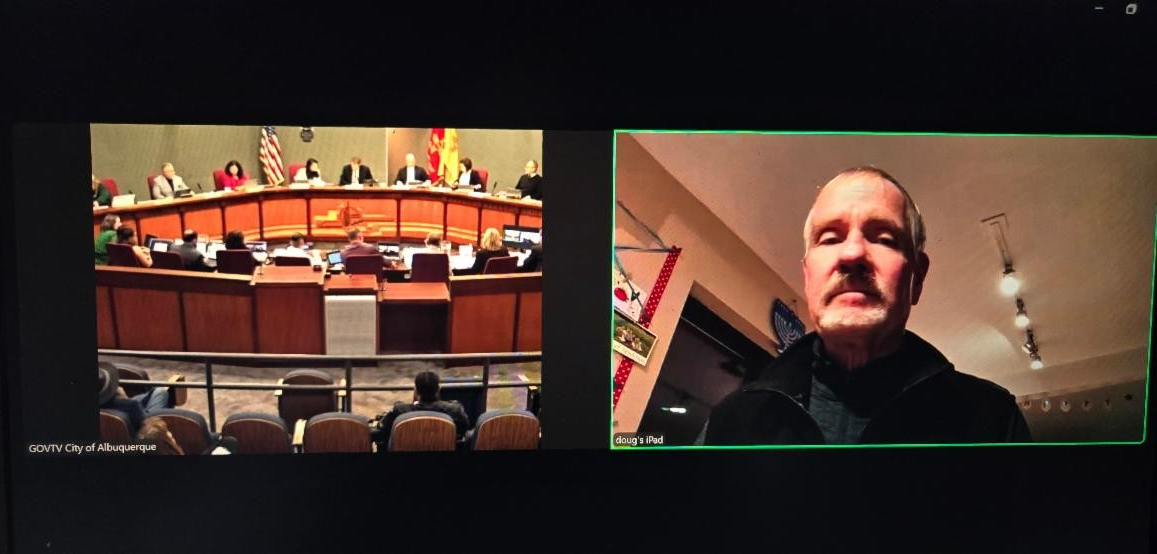
On Dec. 16, Doug Majewski, chair of the Greater Albuquerque Chamber of Commerce’s Downtown Transformation Bold Issue Group and CEO of Hartman + Majewski, offered testimony in support of the proposed Tax Increment Financing (TIF) in Downtown Albuquerque during the City Council meeting.
According to the city, tax increment financing is commonly used to improve downtowns in other cities.
In the case of the proposed Downtown Albuquerque TIF, which would span 20 years, the city will take an “increment of the property tax growth in the area and reinvest it from where it came.”
While the TIF will be property-tax based, a new state law will also allow up to 75% of the increment of growth of city, county and state gross receipts taxes to be reinvested in the area over that period.
Majewski shared that the Chamber understands that successful and thriving cities have vibrant downtowns, bustling with people, and that successful downtowns have a diverse economic base, with adequate housing, shopping and dining options, entertainment venues, public transit and open spaces that support congregation and recreation.
That takes investment – and a Tax Increment Financing mechanism will capture and invest additional revenue for Downtown development projects, up to twentyfold.
“To be clear – this is not about picking Downtown over other parts of town. Councilor Baca’s proposed TIF can – and should – be applied to other areas. But someone has to go first, Downtown is ready for this, and a vibrant Downtown will bring economic and quality-of-life benefits for the entire city and send a strong message to prospective employers and employees as well as residents that Albuquerque invests in itself,” Majewski said.
Majewski noted that the TIF is truly a hold-harmless program because there is no tax increase, not under the GRT mechanism nor under the property tax.
Councilors proposed seven amendments to the bills, which included an appointed body that would oversee the TIF program and then bring it back to City Council for approval. Councilors also set the benchmark for anything over $100,000 to come back to City Council for approval, and agreed that they can come back to make more amendments as the program is rolled out over the next decade.
With the amendments the City Council approved both TIF bills — unanimously.



